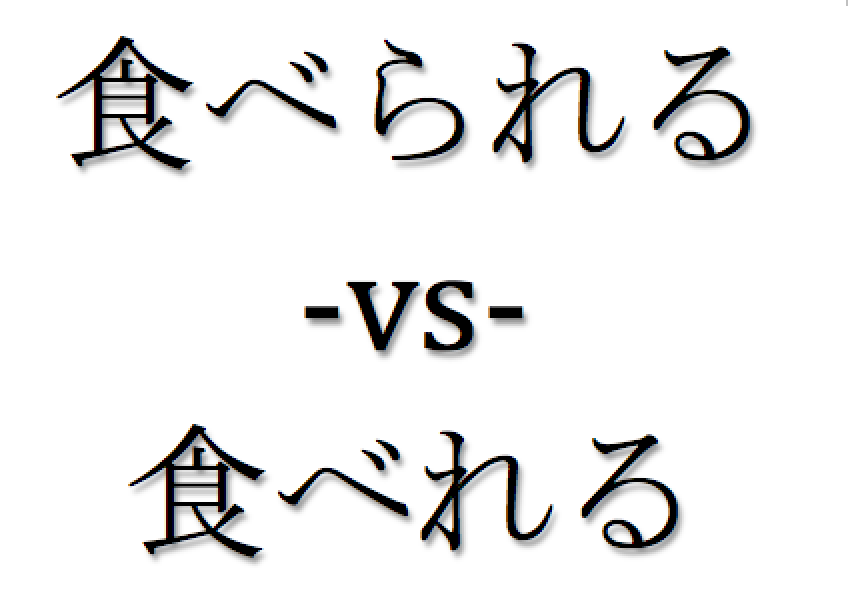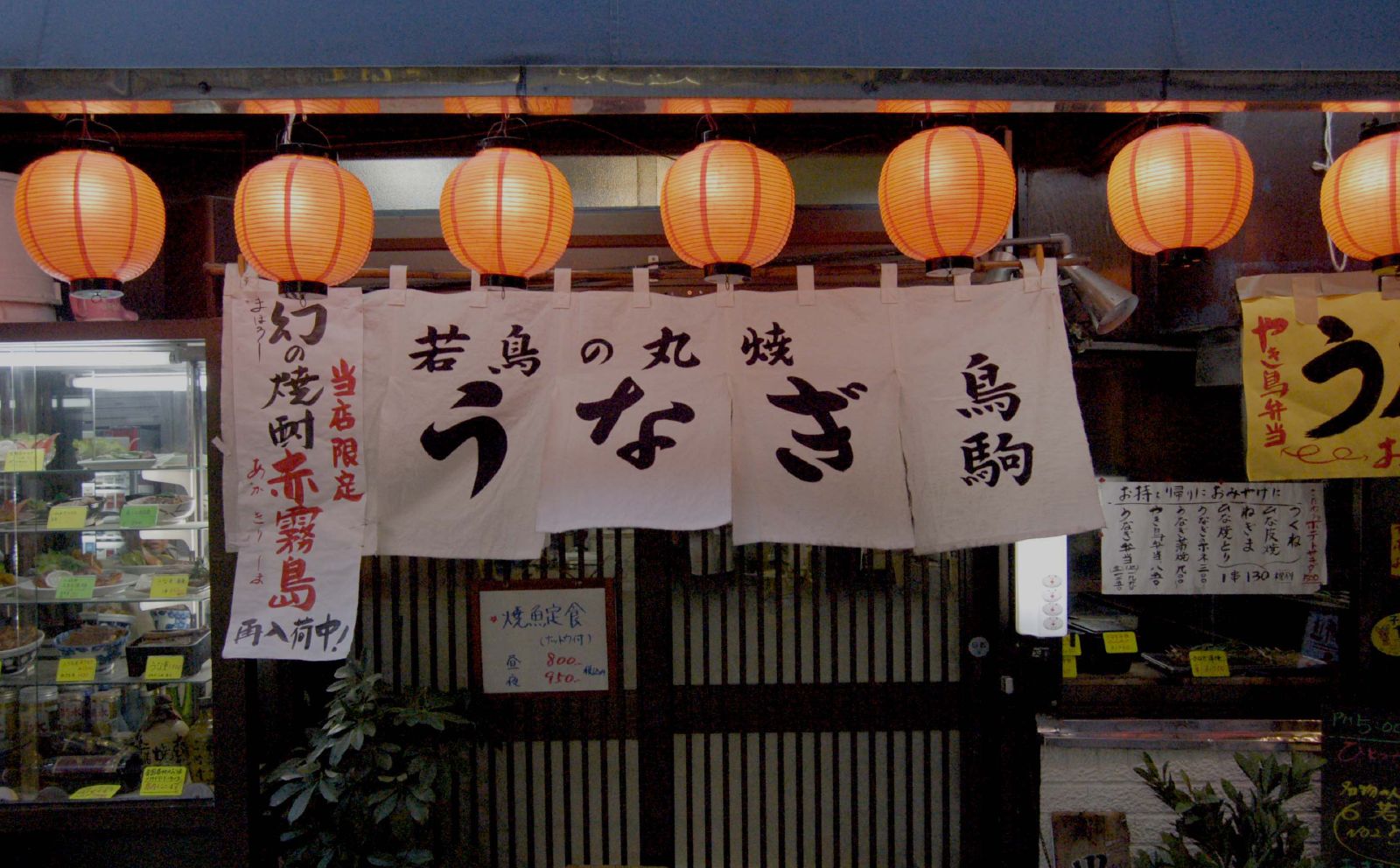食べられる (taberareru) vs 食べれる (tabereru)? The phenomenon of ら抜き (ra-nuki) in Japanese
The way I learned Japanese conjugations for the potential form of “eru/iru” verbs was to remove the stem and add ~られる。All other verbs involve removing only the last character and then adding a character with the same consonant, but with a え sound, (for example く would change to け ) followed by a る. Potential (可能)… Read More »





